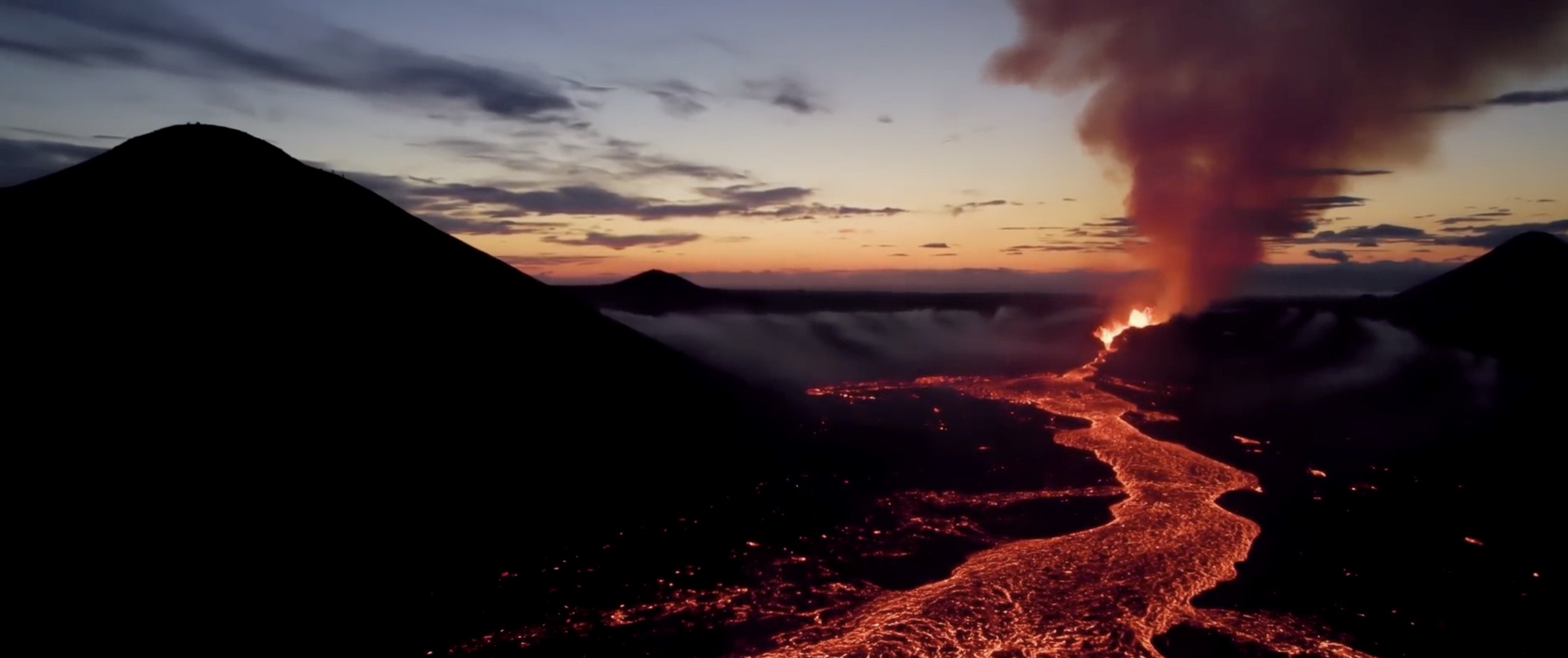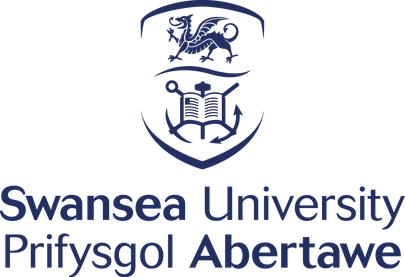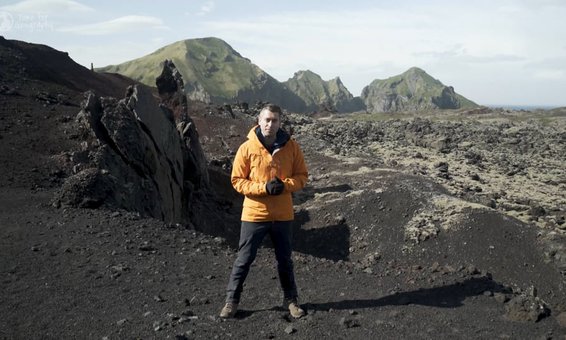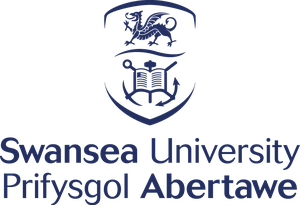
Isle of Fire | Part 3 | Volcanic eruption long-term impacts and responses
Tectonic Hazards Knowledge Booster
Developed in partnership with


Course links: GCSE • IGCSE • A-level • IA-level • IB • National 5 • Higher Geography
Contents
We tend to be most familiar with the short-term impacts and responses to volcanic eruptions, from news reporting and dramatic scenes of lava flows and ash clouds. But for geographers, it is just as important to study the longer-term and wider reaching effects that such events can have on people and communities.
In this third video of our Isle of Fire series, we bring together four year of research to provide a unique 50-year perspective on the impacts of the 1973 eruption on the island of Heimaey. Together with survivors of the eruption, we explore:
- • The challenges faced by those evacuated from their homes;
- • The experiences of returning after an eruption, to a place and landscape transformed by volcanic processes, facing ongoing secondary hazards;
- • The work involved in reclaiming spaces and places from the ash and lava of the volcano, and turmoil of forced migration;
- • How the community have processed the long-term human impacts to build a new sense of place, through collective remembrance and celebration.
To develop this series, we teamed up with leading education travel provider Rayburn Tours. To find out about inspiring geography trips to Iceland and the island of Heimaey, visit Rayburn Tours | Group travel and school trip specialists since 1965.
Acknowledgements
Written and developed by: Rhian Meara, Rob Parker, Josh Carron, Emily Bilbie, Catherine Rule, Tim Parker, Nicky Astle
Attributions
Special thanks to:
- • Gylfi Gylfason (Just Icelandic) for providing wonderful drone footage of Grindavik and the Grindavik eruption.
- • Kevin Winters and Curtis J. Winters, for providing the Super 8 footage of the 1973 eruption.
- • Natali Osons and Slava Mart from SN Video Production for the footage of the 2024 Goslokahátíð Festival.






